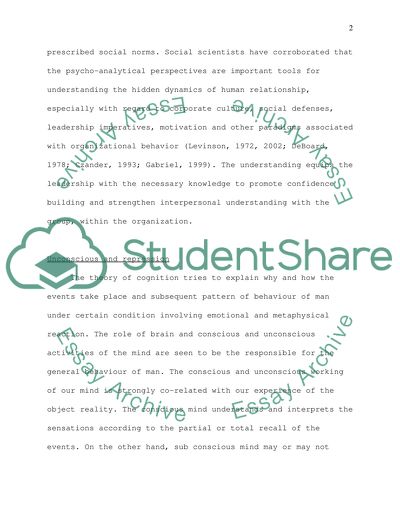Cite this document
(Psychological Perspectives on Organisation Coursework, n.d.)
Psychological Perspectives on Organisation Coursework. Retrieved from https://studentshare.org/psychology/1551885-psychological-perspectives-on-organisation
Psychological Perspectives on Organisation Coursework. Retrieved from https://studentshare.org/psychology/1551885-psychological-perspectives-on-organisation
(Psychological Perspectives on Organisation Coursework)
Psychological Perspectives on Organisation Coursework. https://studentshare.org/psychology/1551885-psychological-perspectives-on-organisation.
Psychological Perspectives on Organisation Coursework. https://studentshare.org/psychology/1551885-psychological-perspectives-on-organisation.
“Psychological Perspectives on Organisation Coursework”. https://studentshare.org/psychology/1551885-psychological-perspectives-on-organisation.


